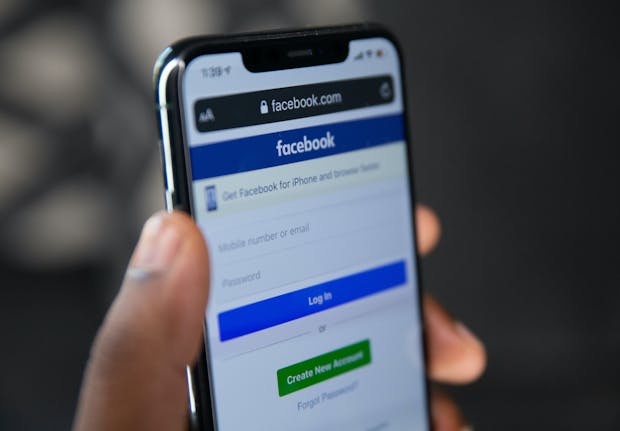enter Facebook's metaverse

enter Facebook's metaverse
enter Facebook's metaverse
remember Ready Player One, the dystopian sci-fi novel and the movie based on it? the entire concept was based on creating a world in virtual reality that’s indistinguishable from real life. Mark Zuckerberg seems determined to replicate that on Facebook. and that’s why he announced the metaverse.
what is the metaverse?
the term first floated in Neal Stephenson’s 1992 sci-fi novel, Snow Crash. last year it became popular when influential investor Matthew Ball described some of its core features in an essay. he wrote the metaverse will “be an experience that spans both the digital and physical worlds, private and public networks/experiences, and open and closed platforms”, besides being “a business”, “offer unprecedented interoperability”, and be populated by “content” and “experiences”.
let’s decode that.
metaverse is a virtual environment where people can create their own universe and virtual characters, and interact with each other. picture the popular alternate reality options available today — augmented and virtual. the closer the experience gets to reality, the more ‘meta’ it is. but it doesn’t just have to involve immersive technology. even the popular game Fortnite counts as a metaverse because it hosts experiences such as virtual live performances, a shopping zone, and more for its players besides the core gameplay.
how will it play into Facebook’s hands
for those following Facebook closely, this announcement didn’t come as a surprise. the term metaverse has been floating around the internet for a while. it picked up steam when Facebook announced the launch of its VR-based social network, Horizon, in April 2020. it was invite-only then, it continues to be invite-only now. one reason publicly stated is that it is still in beta. but that hasn’t stopped Mark Zuckerberg from calling it the company’s “next chapter”, that too in an earnings call. not only did Zuckerberg hail the metaverse, but also elevated Instagram VP Vishal Shah to oversee Facebook’s metaverse group. meanwhile, Facebook also acquired the studio which makes the ‘Fortnite of VR’, and has a fifth of all its employees working on AR/VR projects.'
it is a big deal for Facebook. but before we explore that, let’s look at how companies make money off the internet. there are two primary ways: ads and transactions. so far, Facebook has become one of the biggest ad platforms in the world. it has tried transactions with Marketplace. its success has been debatable.
transactions as a layer of monetising its users is something Facebook is trying with Instagram as well. it is a natural progression for the social network to try it on its main platform too.
but how? the clue lies in the acquisition of the gaming studio. apart from just purchasing the game, users spend a lot of money on in-game purchases. in-game spending, according to Statista, is supposed to be a $74.4 billion market by 2025. and this is an estimation in today’s technology. there is no estimate of what tomorrow’s technology will bring. this is an enormous opportunity that Facebook can tap into. the rapid rise of NFTs is also something Facebook is banking on.
how will Facebook do this? clues lie outside the company. gaming platforms like Roblox, Minecraft, and Fortnite, which allow players to “create their own worlds”, are existent, vibrant metaverses, or at least have “metaverse tendencies”. so do those that are building on the rapid rise of NFTs, i.e. digital collectibles, which made over $2.5 billion in the first half of 2021. the legendary video-game maker Atari wants in too, with a blockchain-based “virtual world.” what does all of this mean? a virtual economy, where people are buying digital versions of a Gucci bag on Roblox for real money
when does all of this start?
it has already started. Facebook’s metaverse is essentially its users spending more time and money on the platform. this is something the company is test driving with the ticketed premier of the film Outsider, a documentary on 9/11. if users pay for the film and watch it, its thesis will begin taking shape. and how will it all affect Facebook in the long term? the company made over $26 billion in the first quarter of 2021, up 48% year-on-year. add the potential of in-game revenue, movie premieres and NFTs to all of this and, of course, ads. that’s the new chapter. that’s Facebook’s universe.



